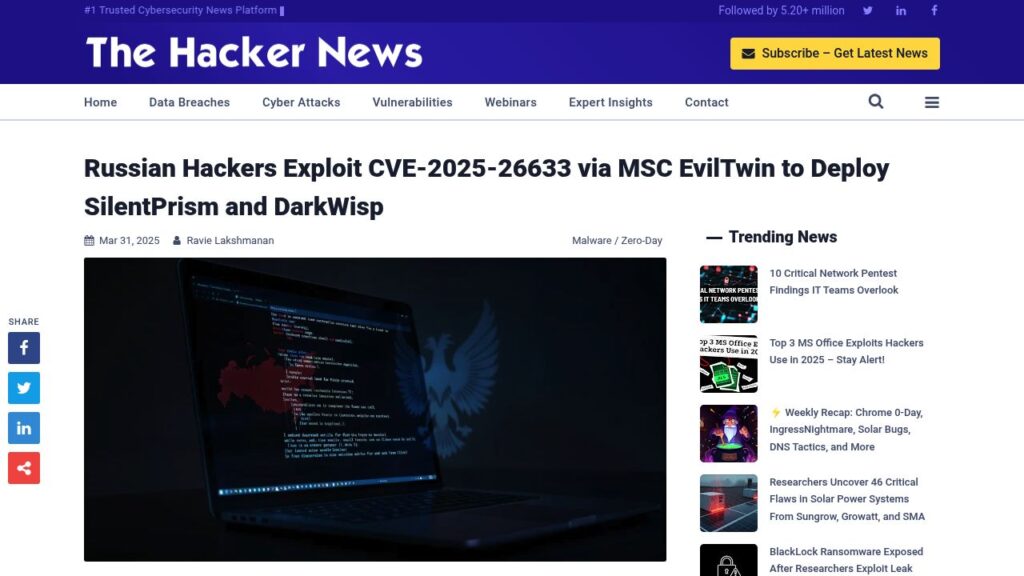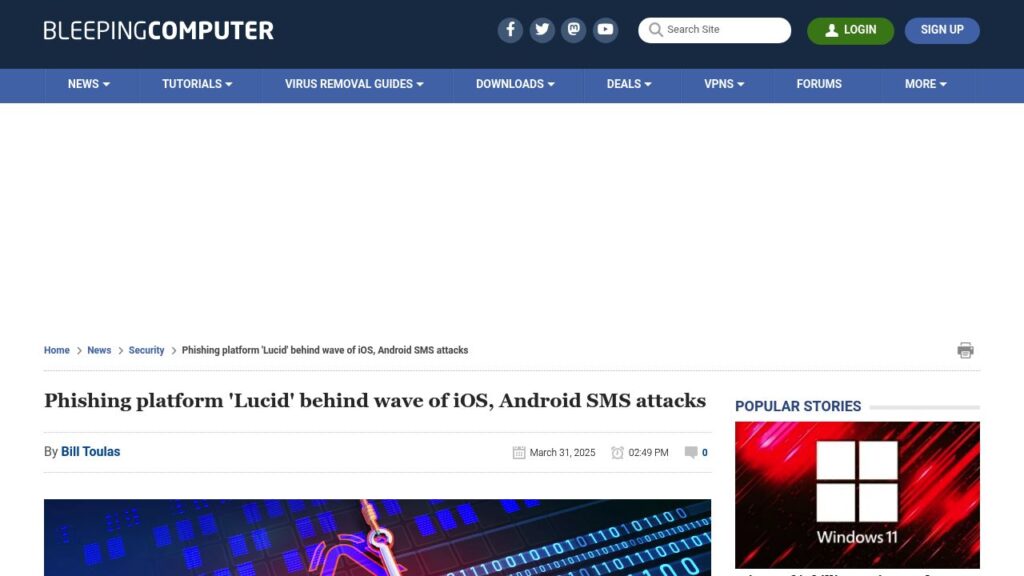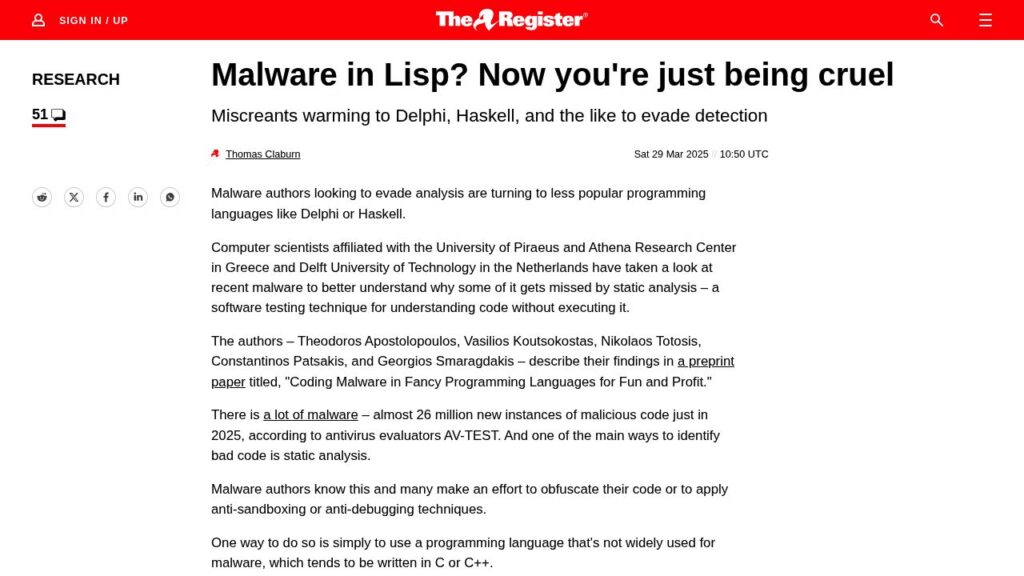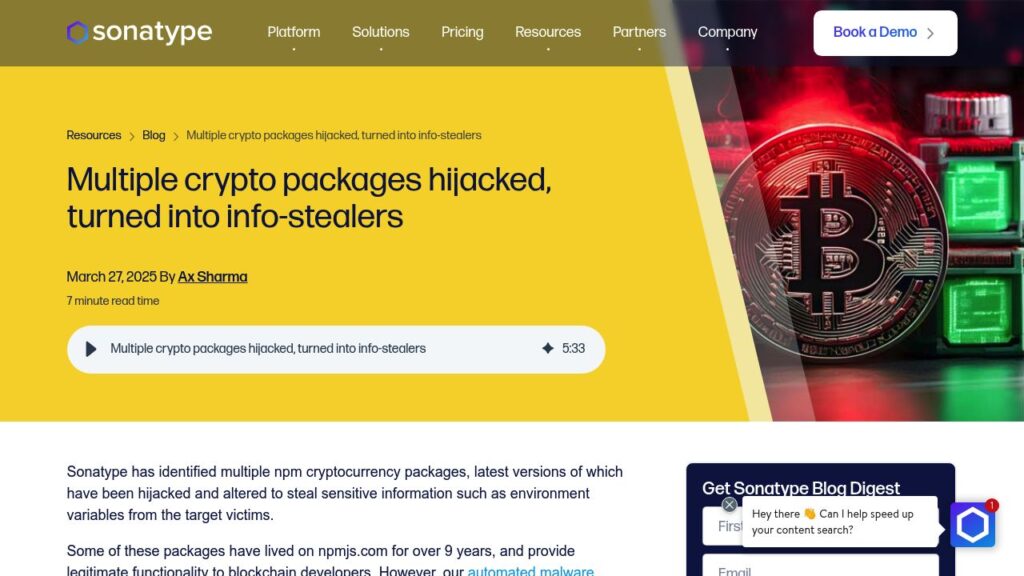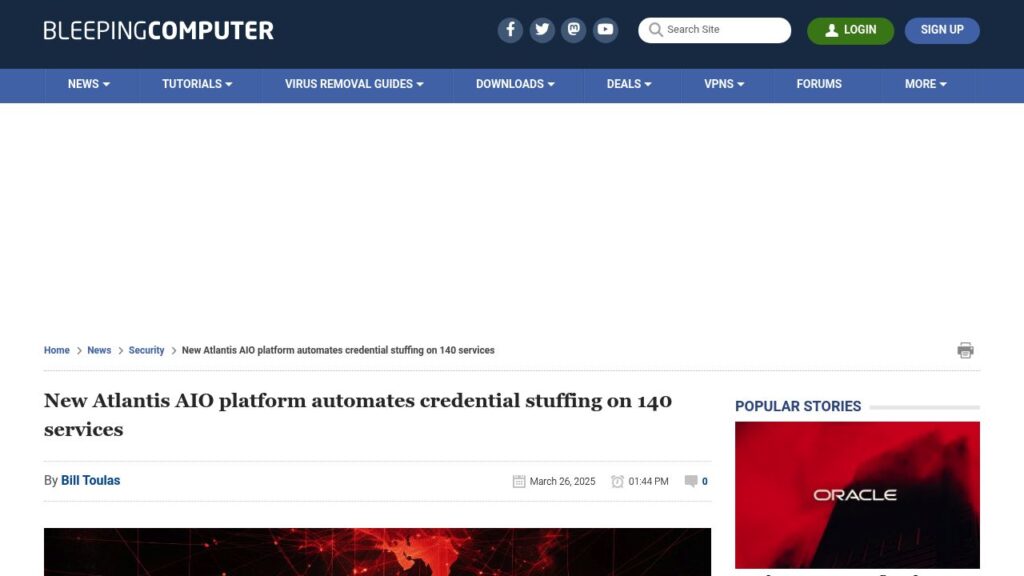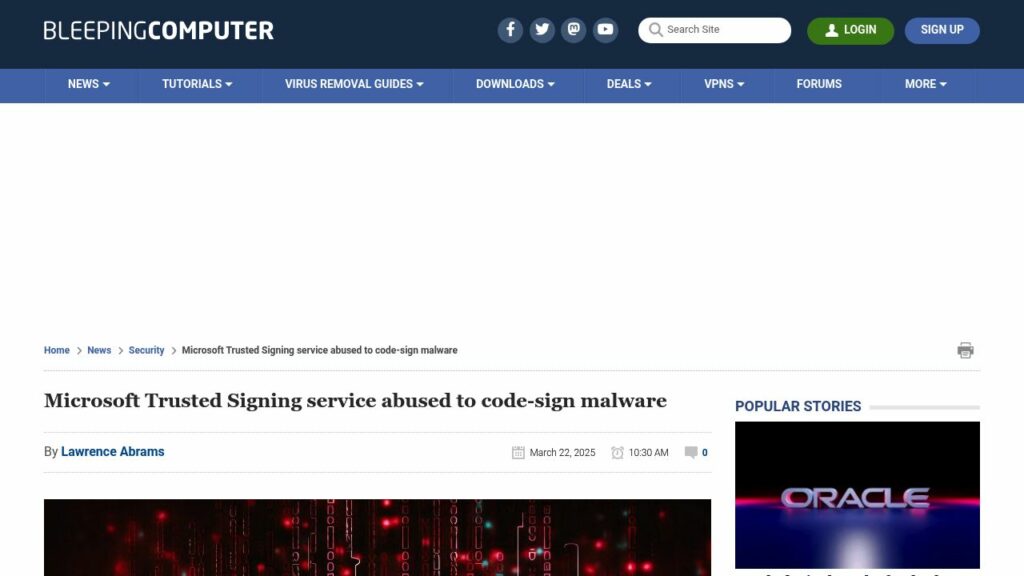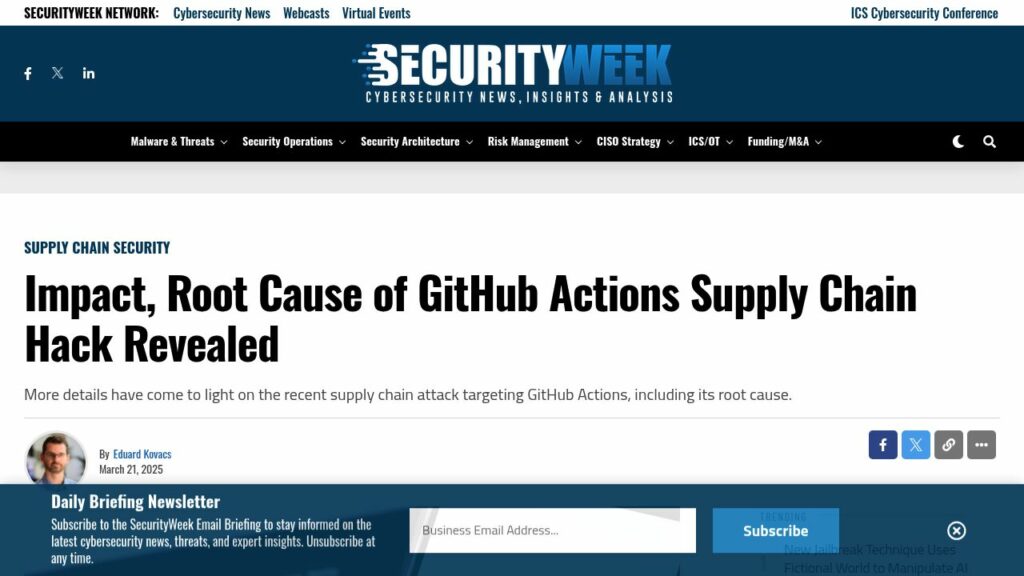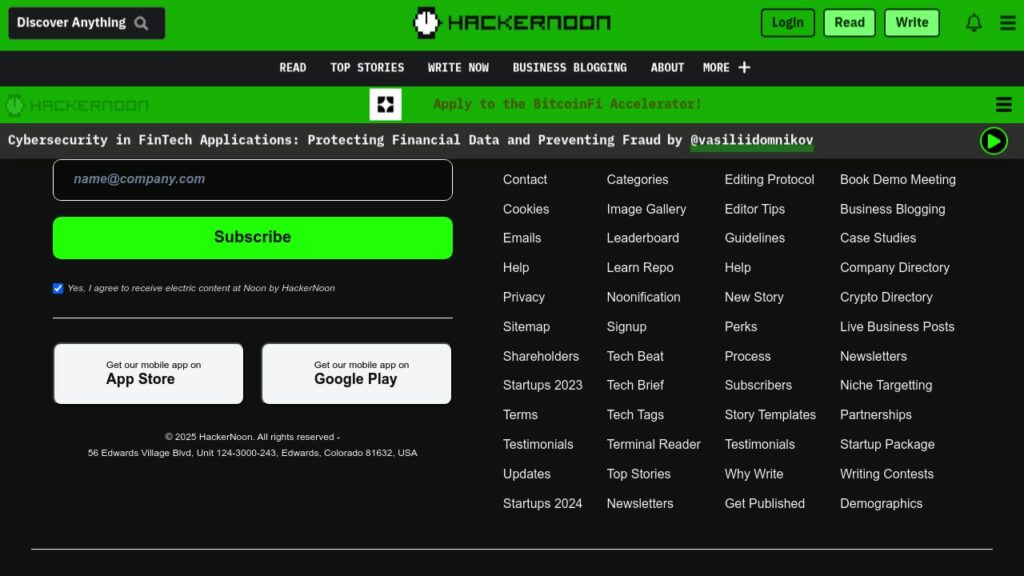Russian Hackers Exploit CVE-2025-26633 Via MSC EvilTwin to Deploy SilentPrism and DarkWisp
Russian hackers are exploiting the CVE-2025-26633 vulnerability in Microsoft Windows using the MSC EvilTwin technique to deploy backdoors SilentPrism and DarkWisp. The group, known as Water Gamayun, uses malicious .msi and .msc files for installation, allowing for persistence and data theft. The malware facilitates system reconnaissance and command execution through PowerShell, maintaining active control over compromised systems. Additional payloads include Rhadamanthys Stealer and various variants of EncryptHub Stealer, designed to collect sensitive information and evade detection.
https://thehackernews.com/2025/03/russian-hackers-exploit-cve-2025-26633.html
